
 |
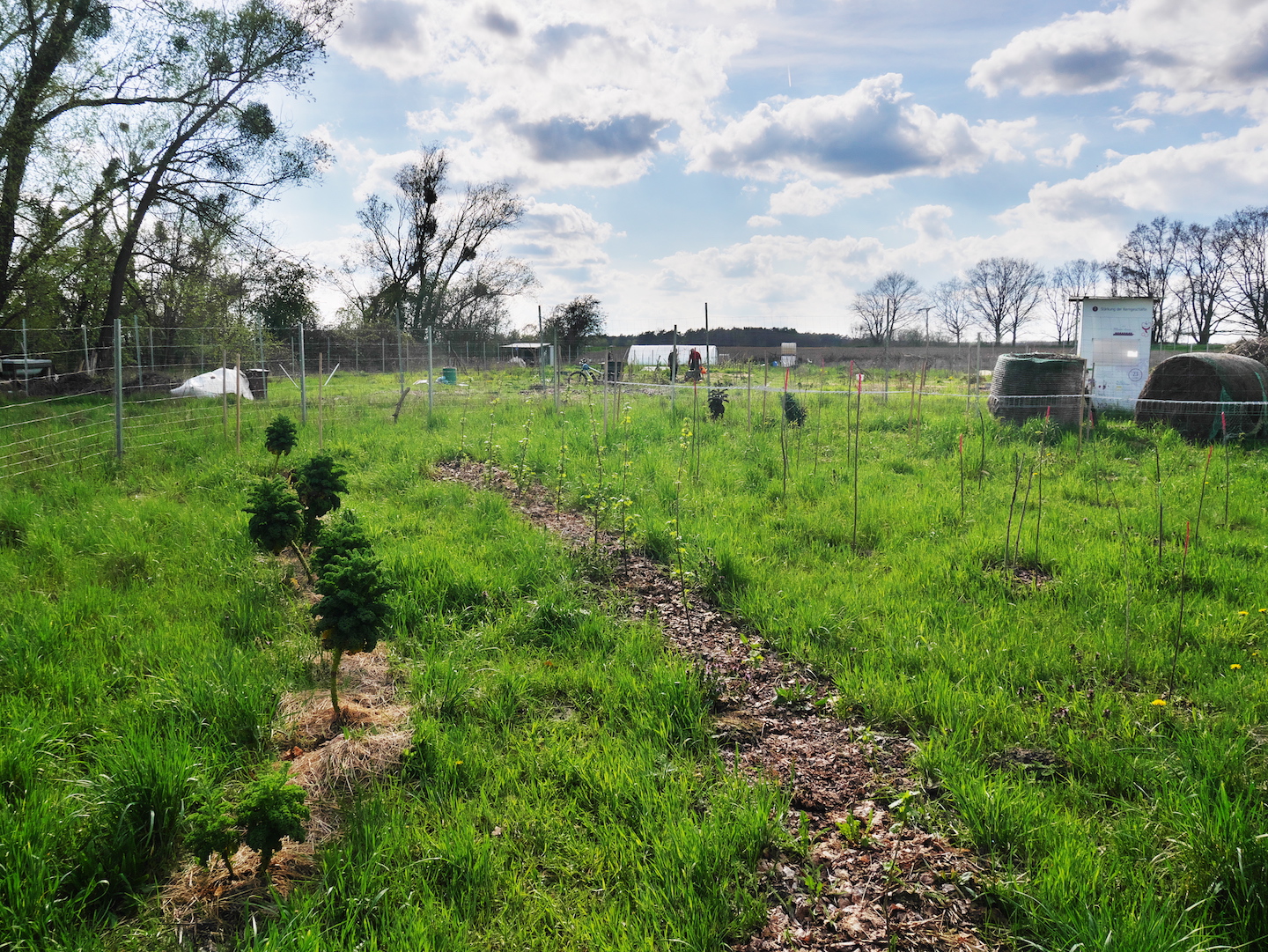 Early stage of a forest garden system at Waldgarten Rehfelde with vegetable & berry rows on the left and tree seelings on the right. |
||
| MIYAWAKI-SHEPARD-SEEDLINGS-FOREST Forest garden system approach in the "Waldgarten Rehfelde", idea & implementation Matthias Fritsch, since 2022 |
||
| The " Waldgarten Rehfelde" is a community-based project that aims to transform a 3.1ha area in the surroundings of Berlin into a place of food production that is both ecologically and economically successful. Along the way, grassland areas will be transformed into different forest garden systems. A forest garden is an area similar to a forest edge, characterized by high biodiversity, climatic resilience and multi-layered cultivation. A partial area on the south meadow, where protected microclimatic zones around so-called "sun traps" are created, is being designed by Matthias. He was inspired by two approaches and developed a hybrid system that combines both: On the one hand, Akira Miyawaki's "Tiny Forest" reforestation method, which leads extremely quickly to the formation of a forest soil and microclimate through dense planting with local woody plants & on the other hand, Mark Shepard's cultivation method "STUN" (en: sheer total utter neglect), which is based on the highest possible genetic diversity of varieties with minimal care. |
If everything succeeds as planned, then within a few years a dense grove will develop at the site, with a primary focus on stone fruit trees, transitioning to chestnut, nut, and oak trees to the north, and becoming progressively lower in the peripheral areas (south, west, and east) due to berry bush and vegetable beds in front. Many fruit and wild fruit seeds were sown in this area, as well as some still very young seedlings planted from Matthias' nearby shade tree nursery. Even if the seedlings initially take longer than several years old nursery stock to reach an appropriate size, natural selection is used here, so that the individuals best adapted to our local conditions prevail in terms of their characteristics. The latter require less care, are more robust and less susceptible to locally occurring diseases. Another advantage of robust seedlings is the possibility of later grafting to more sensitive varieties of apricots, peaches, pears and sweet cherries. Results on the success or failure of this approach will be evident only after about 6-8 years. | |
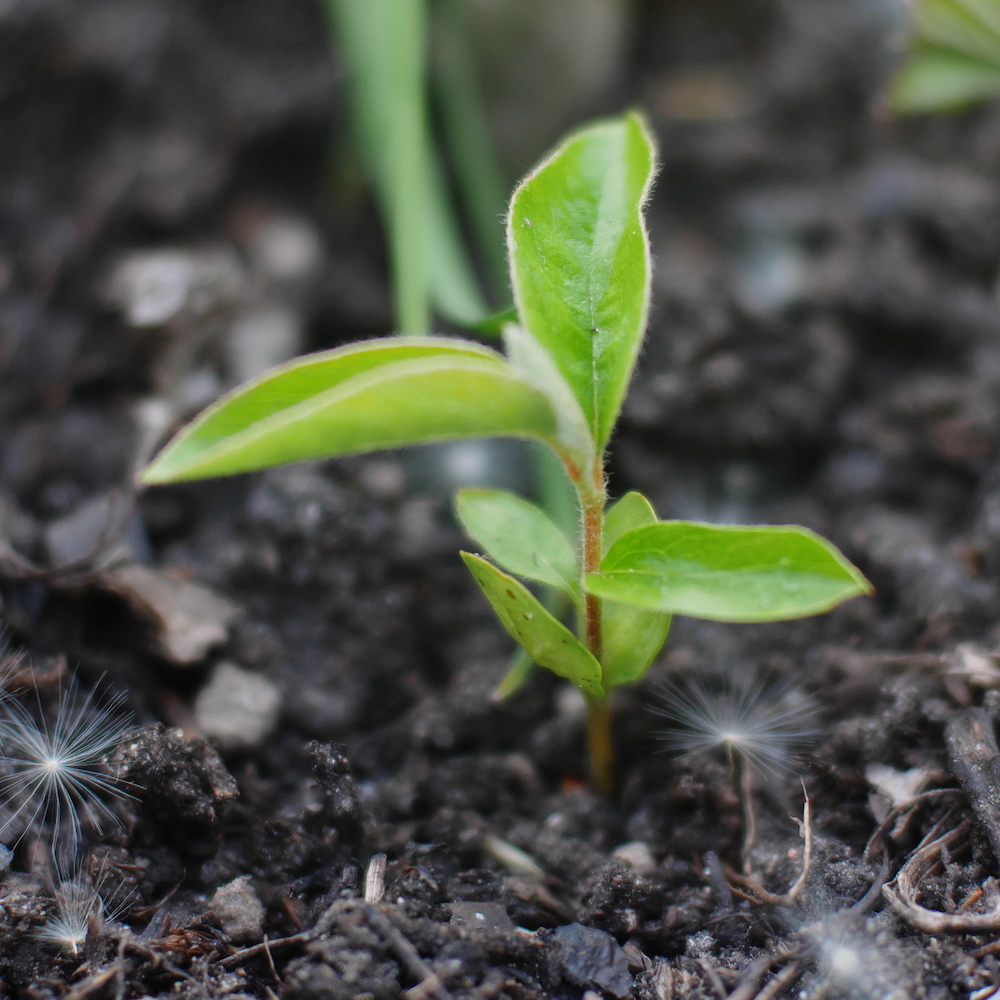 Quince seedling |
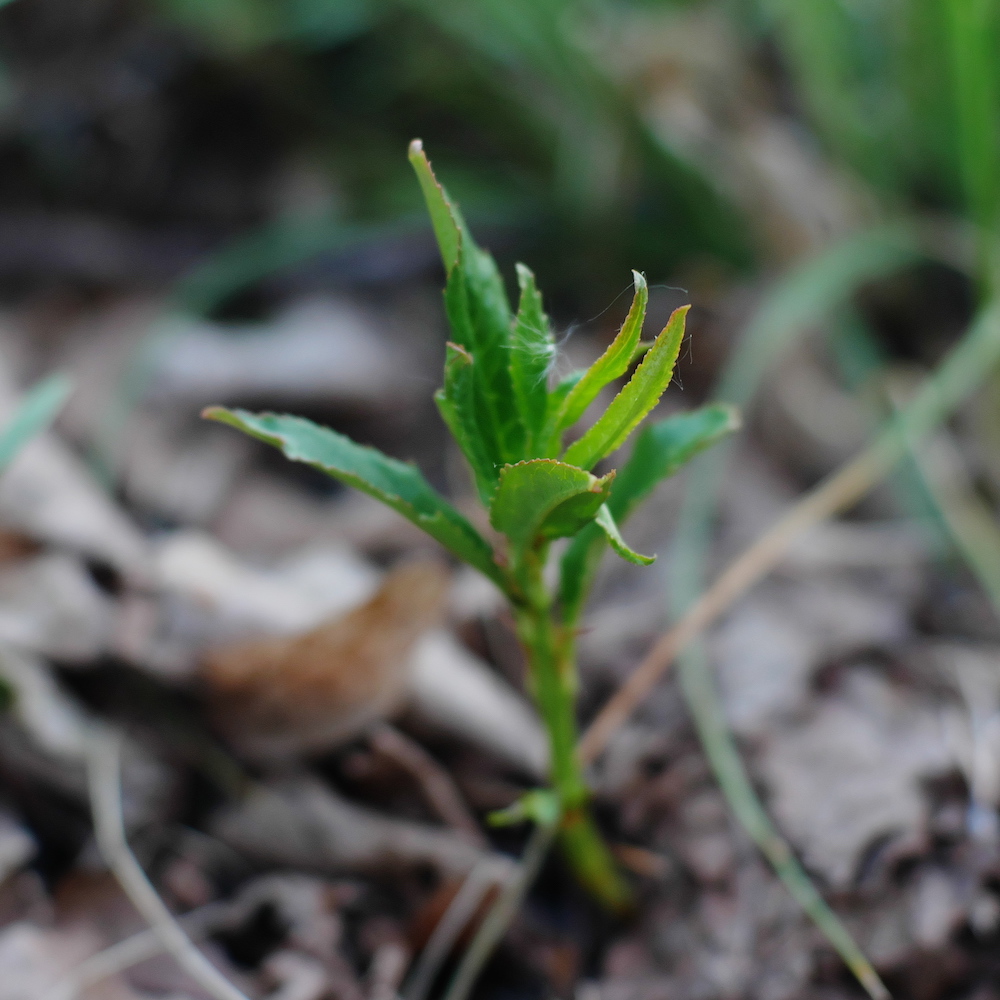 Peach seedling |
|
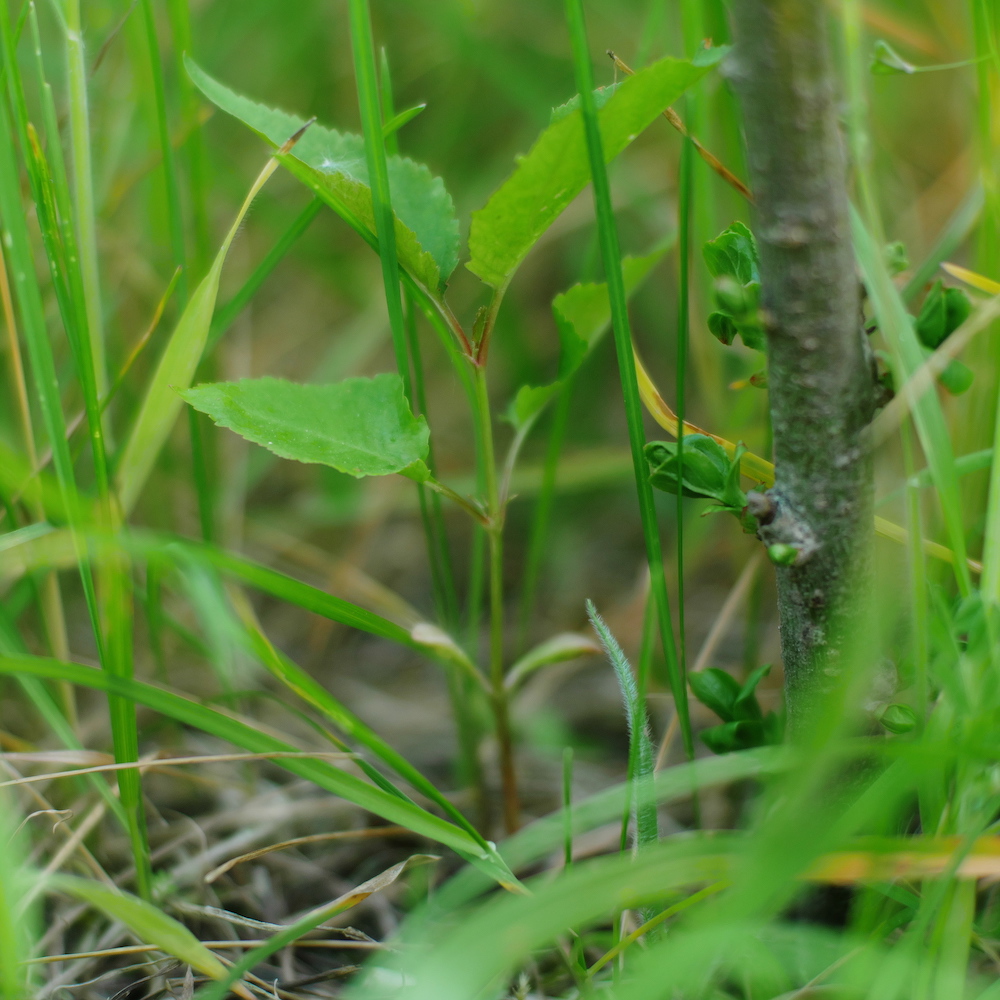 A plum seedling with sprouting willow stick next to it as a marker & nurse tree for shelter, shade & mulch. |
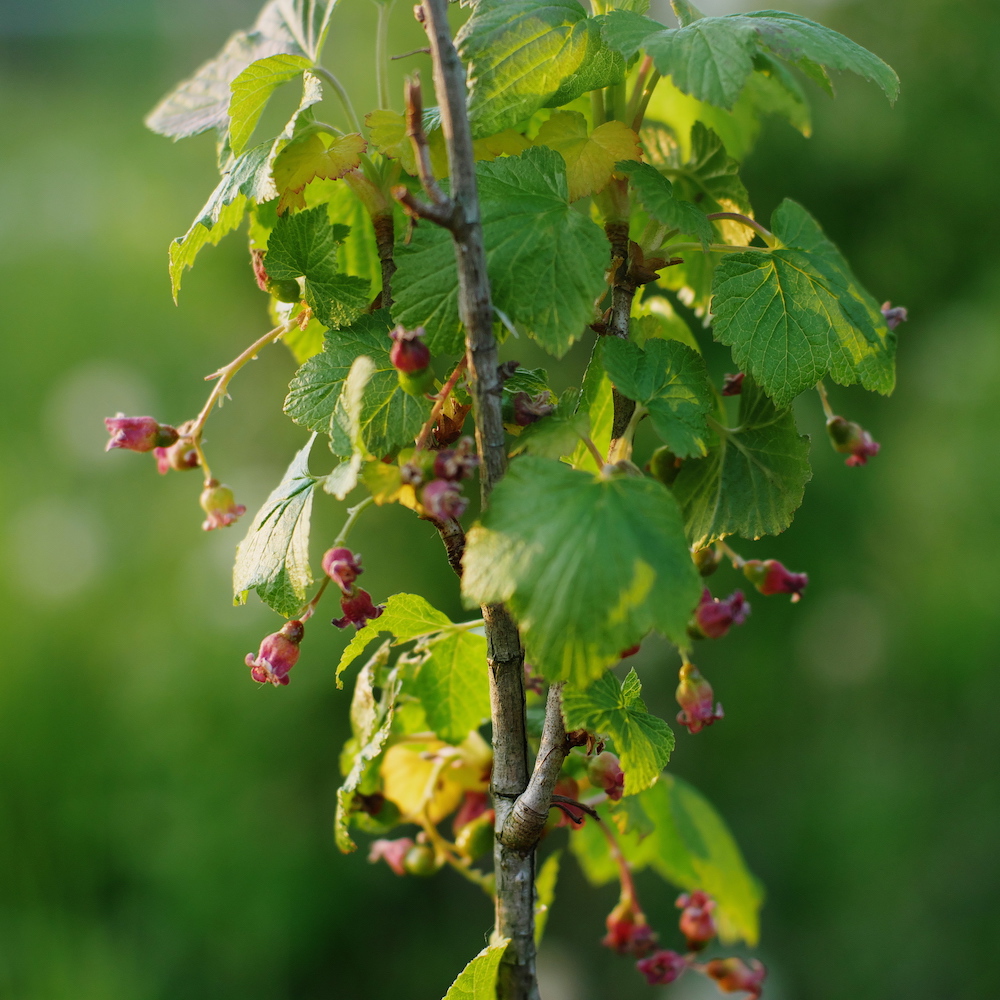 The black currants in the surrounding row are already bearing in the first year. |
|
Related works: |
|
|
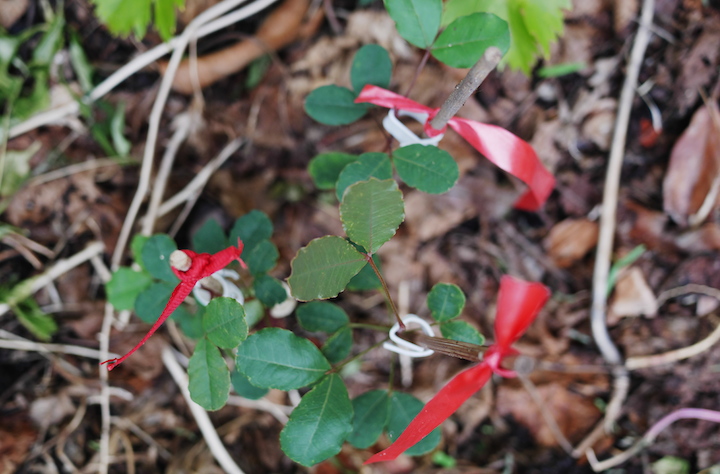 The Mediterran Garden Vegetation transformation |
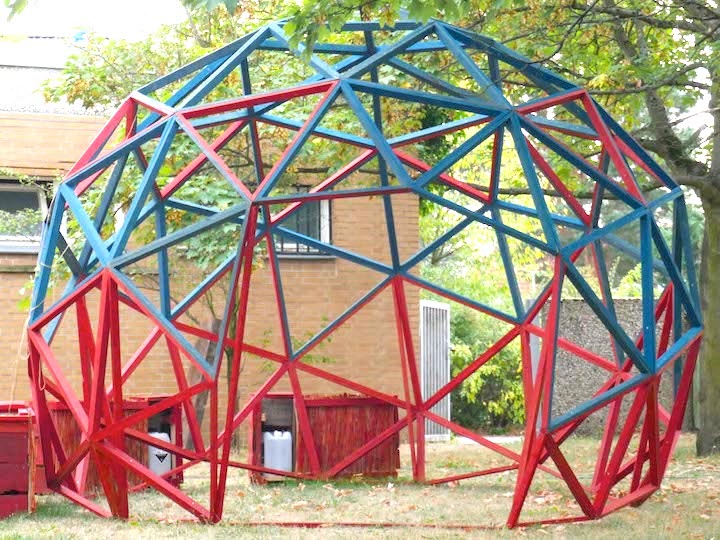 Green Kittchen Garden pavillion |
|
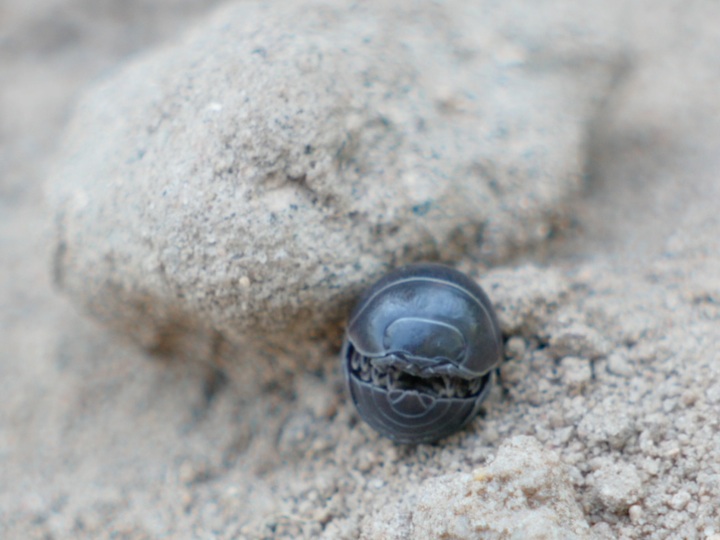 Soil Farmers Video about soil organisms |
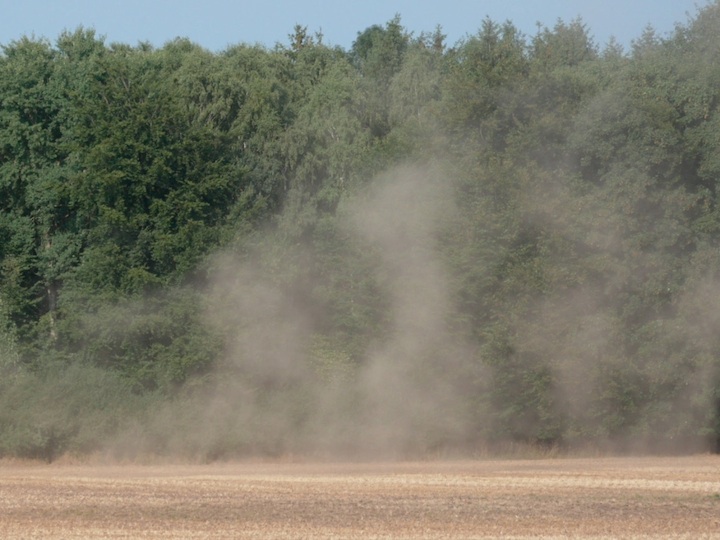 The Soil we lived from Video installation on the subject of soil erosion |
|
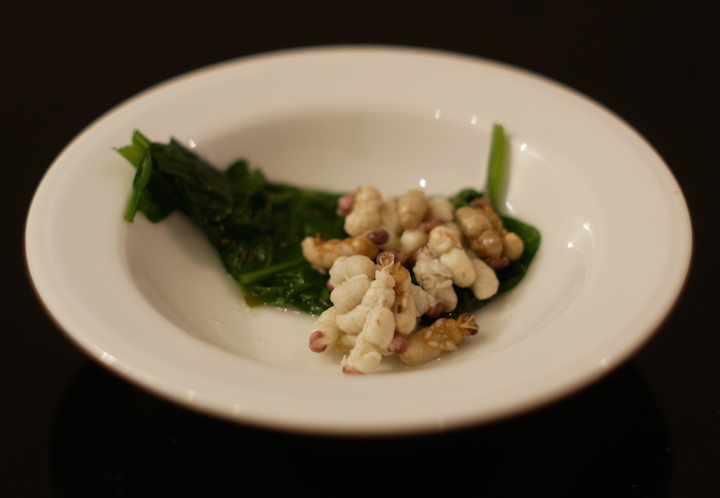 Honeybee à la Carte Short documentary |
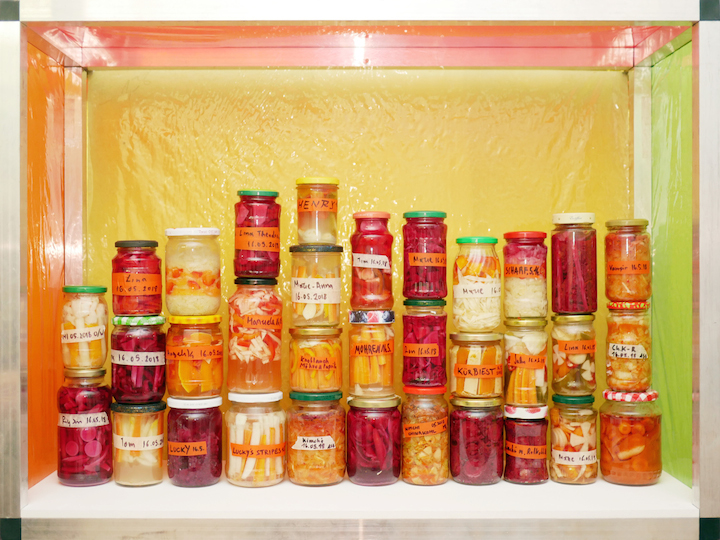 Asthetic Fermentation Workshops |
|
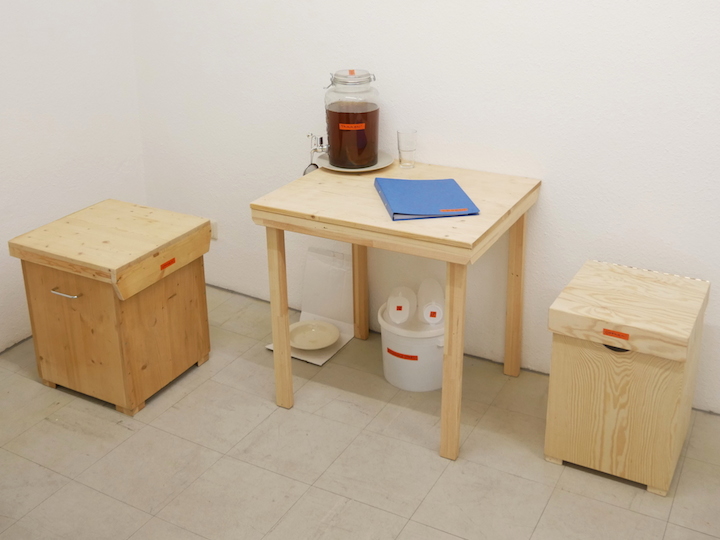 Ecopolis Furniture Composting furniture for the home |
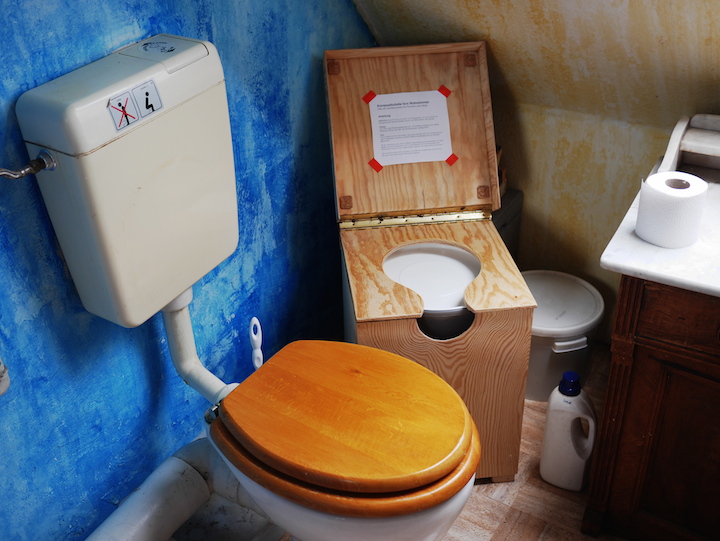 My 13 Commandments sustainable daily routines |
|
 Utopia Berlin Neighborhood and bike tours in Berlin |
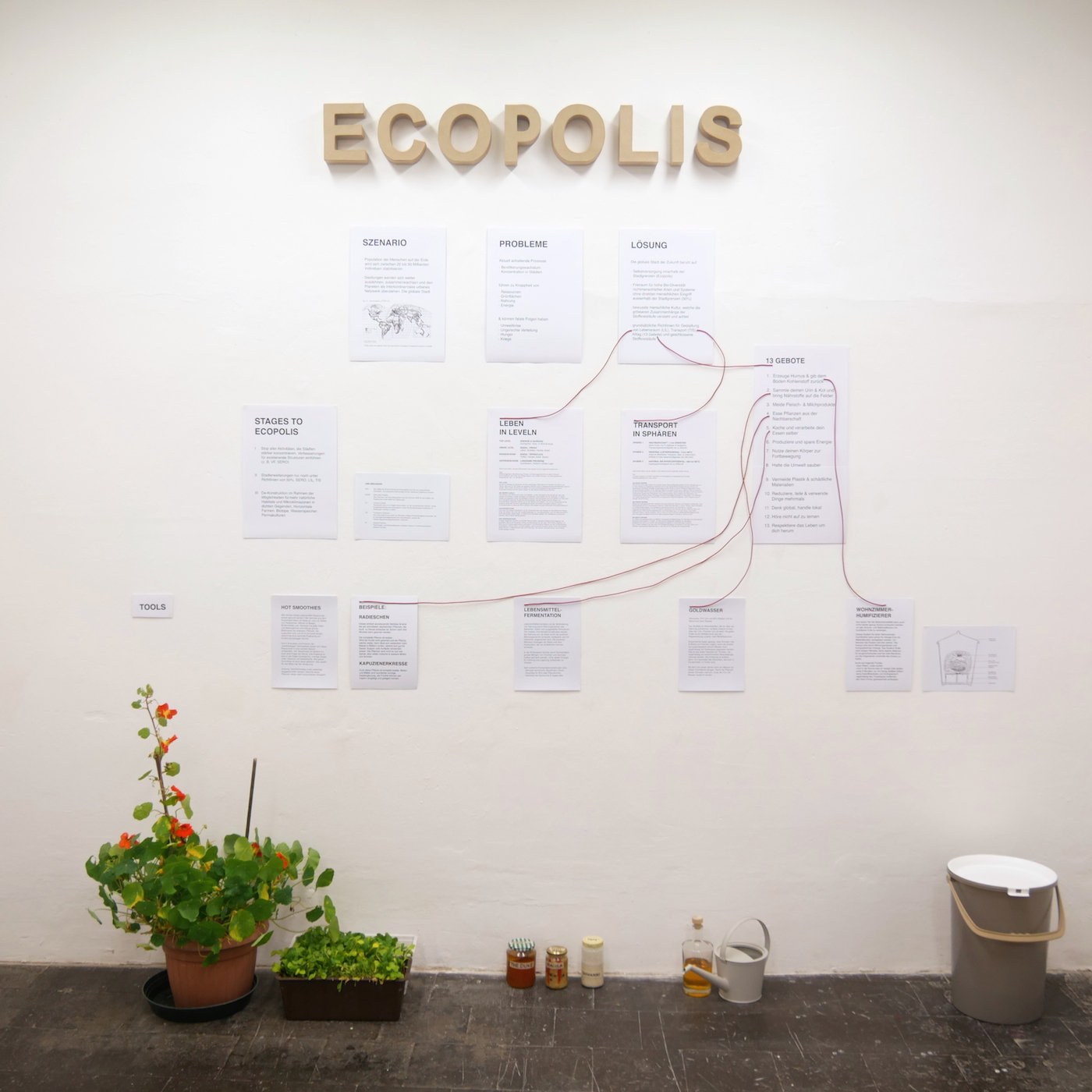 Ecopolis Concept for the city of the future |
|
|
|
|
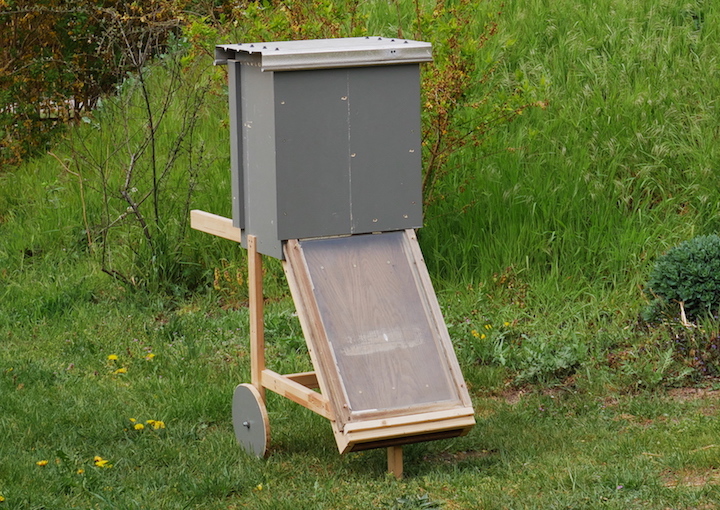 Solar Dryer DIY & low energy food preservation device |
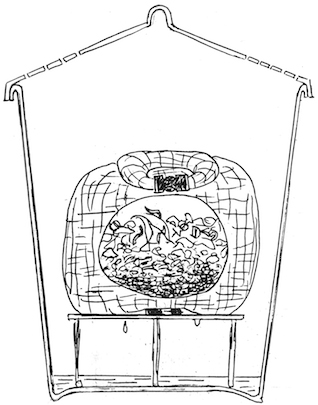 Living Room Composter DIY & Low Cost Composing System for Home |
|